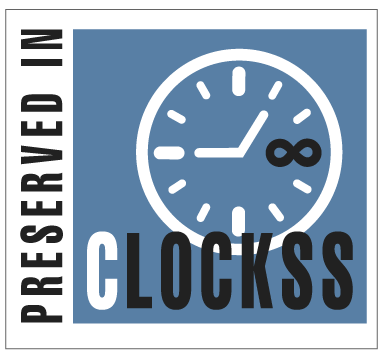Abstract
Colorectal cancer (CRC) is a disease that begins exclusively in the colon or rectum and is caused by an abnormal proliferation of glandular epithelial cells in the colon. Carbohydrate antigen 19-9 (CA19-9), carcinoembryonic antigen (CEA), calcium (Ca), and zinc (Zn) are recognized to play a significant role in colorectal tumor pathogenesis. The aim of this study is to detect serum concentrations of carbohydrate antigen 19-9, carcinoembryonic antigen, calcium, and zinc in CRC. The current study investigated the vital roles of carbohydrate antigen 19-9, carcinoembryonic antigen, calcium, and zinc in cancer development by comparing serum levels of colorectal cancer patients with those of the healthy control group at Erbil's Nanakaly Hospital. The concentrations of serum carbohydrate antigen 19-9, carcinoembryonic antigen, calcium, and zinc in 50 colorectal cancer patients and 50 from the healthy control group have been examined. A significant positive correlation was found between CA19-9 and CEA (p<0.0165, r = 0.3723). Also, a non-significant negative correlation between CA19-9 and calcium (P=0.77, r= - 0.0471) and zinc (P=0.6334, r= - 0.07676) was found. This study demonstrates a direct relationship between CRC and serum levels of (CA19-9, CEA, Ca, and Zn). The result showed significantly high values of serum CA19-9 (p<0.0001), CEA (p<0.0001) and significant decreases in Ca (p=0.0046) and Zn (p=0.0011) in patients with CRC when compared with healthy group. Our findings demonstrate that increased levels of CA19-9 and CEA, and decreased levels of Ca and Zn can be associated with the pathogenesis and progression of CRC.
Keywords
Carbohydrate antigen 19-9, Carcinoembryonic antigen, Calcium, Colorectal cancer, Zinc.
Article Type
Supplemental Issue
How to Cite this Article
Ahmed Nadir, Fenik and Abdullah Ali, Zeyan
(2024)
"The Significance of Carbohydrate Antigen 19-9, Carcinoembryonic Antigen, Calcium and Zinc as Biomarkers in Sera of Colorectal Cancer Patients,"
Baghdad Science Journal: Vol. 21:
Iss.
12, Article 27.
DOI: https://doi.org/10.21123/bsj.2024.8660








